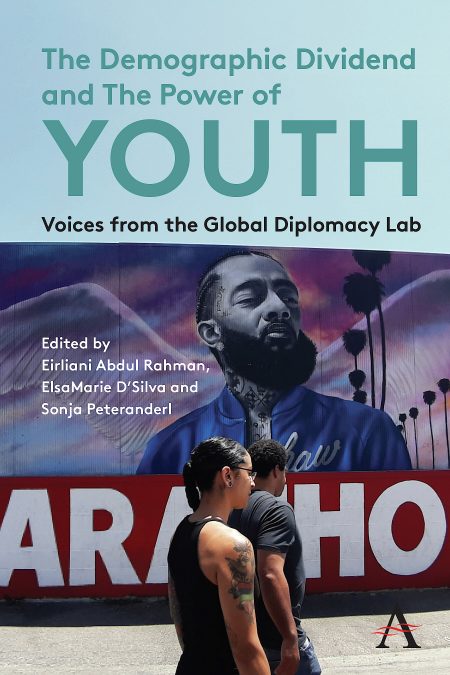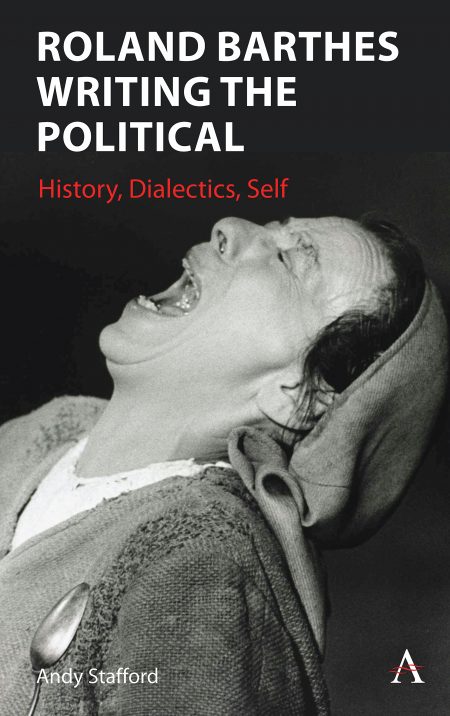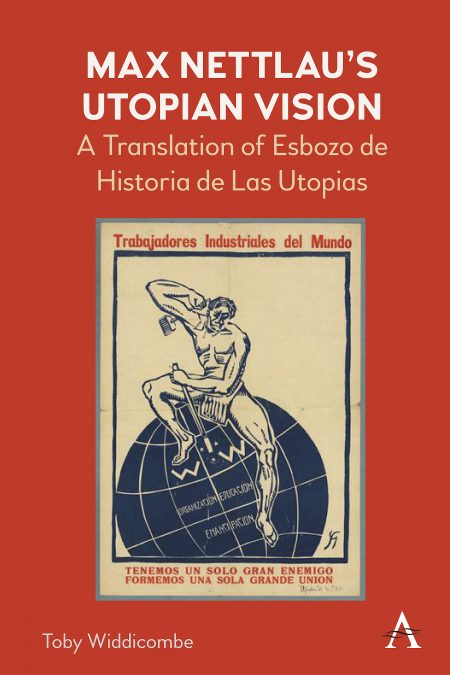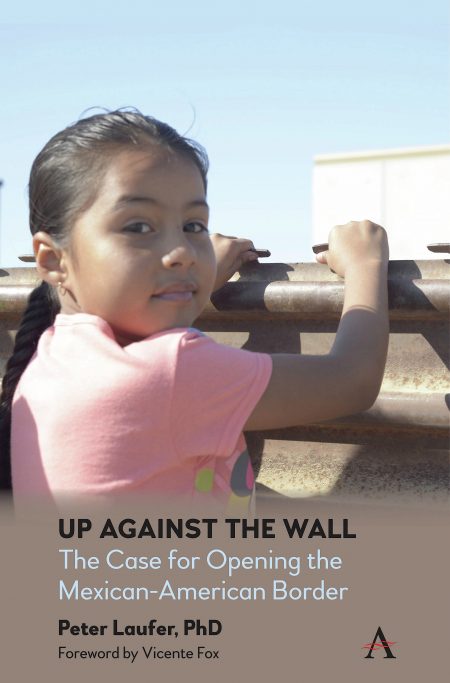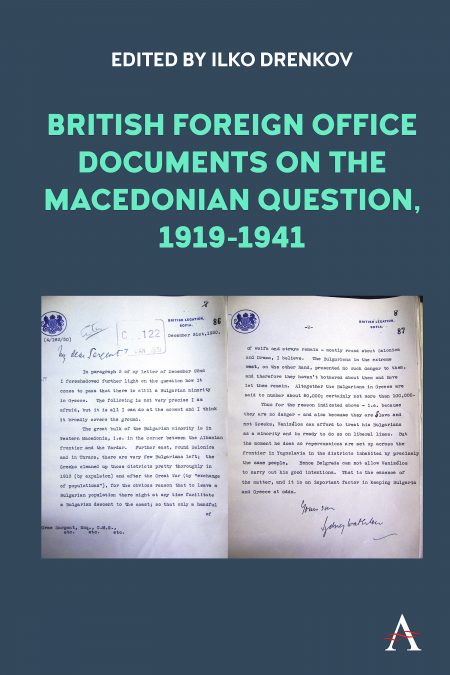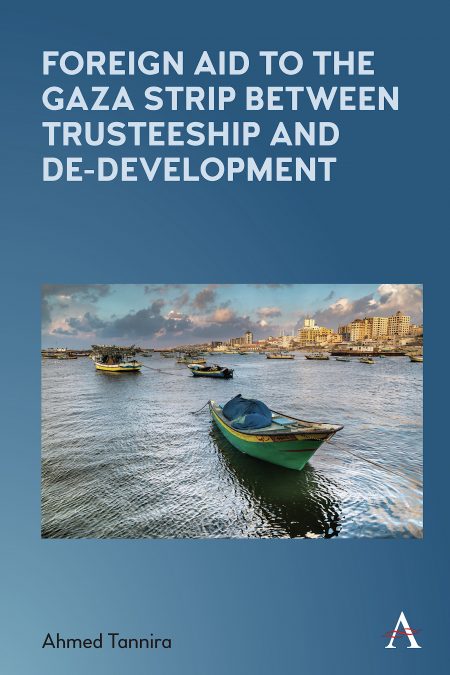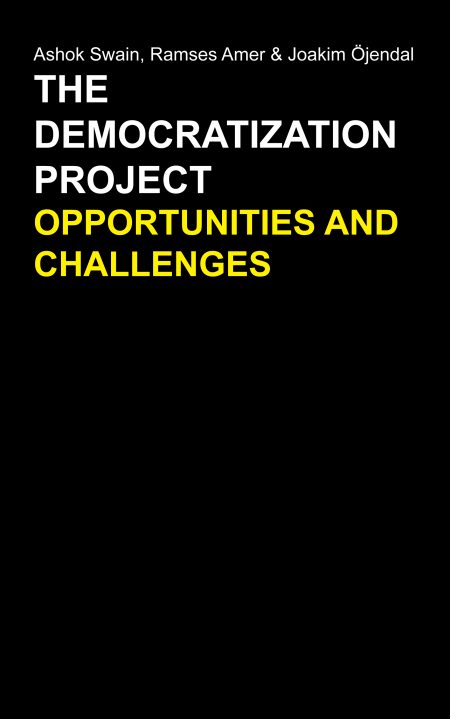The Democratization Project
Opportunities and Challenges
Edited by Ashok Swain, Ramses Amer, Joakim Öjendal
Select Format
Title Details
- ISBN: 9780857283993
- July 2011
- Pages: 198
- Imprint: Anthem Press
Democratization is a field where unexpected and sudden events have repeatedly challenged conventional wisdom. For example, who in the mid-1970s would have foreseen the democratization of Cambodia, Albania, South Africa or East Timor? Our current ‘wave’ of democratization is complex and diverse and understanding it requires a variety of theoretical approaches.
Most of the literature on democracy assumes that it is the best form of government. Theoretical works on democratic transition and democratization have also emphasized the internal conflict resolution capacity of democracy. It has been reasoned that democracy reduces the likelihood of discrimination, especially of ethno-political minorities, and thus the possibility of political repression. However, the democratic peace theory has not been explicitly tested with reference to third world post-colonial states, where most internal violent conflicts take place. Certainly, there is a dearth of practical advice for policy makers on how to design and implement democratic levers that can make internal peace and stability endure in the South.
This volume, drawing on the work of a variety of scholars, will contribute to identifying and understanding the challenges and opportunities of this ‘democratization project’ to the peace and development of the world both at the domestic level in selected countries, trends in regions of the world, and in the global system of the post-Cold War Era.
Ashok Swain is Professor of Peace and Conflict Research, Uppsala University and Director, Uppsala Center for Sustainable Development.
Ramses Amer is Associate Professor and Coordinator, Swedish Network of Peace, Conflict and Development Research.
Joakim Öjendal is Professor of Peace and Development Research, Gothenburg University.
1. The Democratization Project; 2. Non-Authorised Military Interventions and Legitimisation by the United Nations; 3. From Condemnation to Legitimisation of Outcome; 4. Demos or Deus: Patterns of Religious Dimensions in Asian Armed Conflicts, 1945-2005; 5. The Left and Democratic Consolidation – Deepening Democracy in Latin America?; 6. Democracy without People?; 7. The Role of Hamas in Building Palestinian Democracy in the Midst of Violence; 8. Elections and Violence in Sri Lanka; 9. Post-Accord Elections and Armed Conflict; 10. Peace through Democracy?: The Challenges of Post-war Democratisation in Weak and War-torn States
Related products
-
The Demographic Dividend and the Power of Youth
Voices from the Global Diplomacy Lab
Edited by Eirliani Abdul Rahman, ElsaMarie D'Silva, Sonja Peteranderl
February, 2021
£125.00 / $125.00 -
Roland Barthes Writing the Political
History, Dialectics, Self
Andrew Stafford
November, 2022
£125.00 / $125.00 -
Max Nettlau’s Utopian Vision
A Translation of Esbozo de Historia de Las Utopias
Edited and translated by Toby Widdicombe
April, 2023
£110.00 / $110.00 -
Up Against the Wall
The Case for Opening the Mexican-American Border
Peter Laufer
foreword by Vicente FoxSeptember, 2020
£34.95 / $34.95 -
British Foreign Office Documents on the Macedonian Question, 1919-1941
Edited by Ilko Drenkov
consultant editor Ivan Metodiev Petrov, Lynnette G. LeonardMarch, 2021
£125.00 / $125.00 -
Foreign Aid to the Gaza Strip between Trusteeship and De-Development
Ahmed Tannira
December, 2020
£125.00 / $125.00


